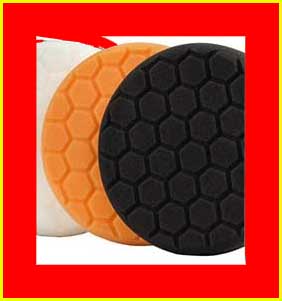I've owned many classics over the years, Mustangs, Chevelles. Camaros and C1 and C2 Corvettes. I also had a major crash in 2016 in my split window Corvette ($65,000 in repairs and an ambulance ride) so I speak from recent expereience.
I also drive my classics 5,000+ miles/year in Orlando area traffic.
Radial tires are far and away the best and least invasive upgrade; everybody focuses on
disc brakes but
for routine driving drum brakes are perfectly fine, my 63 Corvette drum brakes saved my life...you have to maintain them and keep them adjusted (earlier cars required manual adjusmtent). If you are bent on the conversion then just doing the fronts works fine; 70% of braking occurs in the front - that way you don't have to deal with complicated rear wheel parking brake issues, many go for a double
master cylinder too - again - a personal choice. Any problems I had in 60 years of driving with single
master cylinder cars were very apparent way before a dangerous situation occured. Just don't ignore issues and do regular inspections.
GOOD seatblets in proper shape are an absolute requirement - original, but threadbare belts won't save your life. Some do an aftermarket shoulder hanress addition, but there is more to that than most people think to do it right. The anchor point and angles have to be properly taken into consideration or they can do more harm than good.
Steering is another issue on these old cars, many have slop in the front end or in the box or in the coupler - I've seen cars with 4"-5" of play when traveling straight down the road. Proper lighting is paramount, with today's texting and substance abusing drivers LED brake lights are a boone, I put a strobe module in my 63 Corvette to flash the rear lights on stopping - but that's not legal everywhere.
Fuel systems are important too, many older cars have burnt to the ground over gas fires. Leaky carbs, rubber fuel lines stretched across a hot manifold, or vapor leaks into the cockpit are major concerns.
Rust, if the frame is weak, or critical points are rusty where suspension components attach its bad news.
If you are a novice in the hobby I can't emphasize enough the value of a PPI (Pre-Purchase Inspection) - a couple hundred dollars can save you oceans of pain and money. Some of the best dollars I've spent in pursuing a classic was the cost of an inspection for a car that had major issues and that I passed on.
A final word on classic cars - they are far toughter than most think, in my case my fiberglass Corvette T-boned an Escalade; I was banged up but walked away - all the damage was to fiberglass panels; the all steel freme wasn't even bent. My body shop man with 50 years experience told me he had seen 1 serious injury to a driver's leg in all the years he had been doing collision repairs. No, these cars don't have crush zones, ABS brakes, collapsing steering columns in most cases, airbags, etc. but they are SOLID.
In conclusion ALWAYS carry a cell phone and have good insurance (I'm a fan of National Corvette Muesum which insures all classics).


